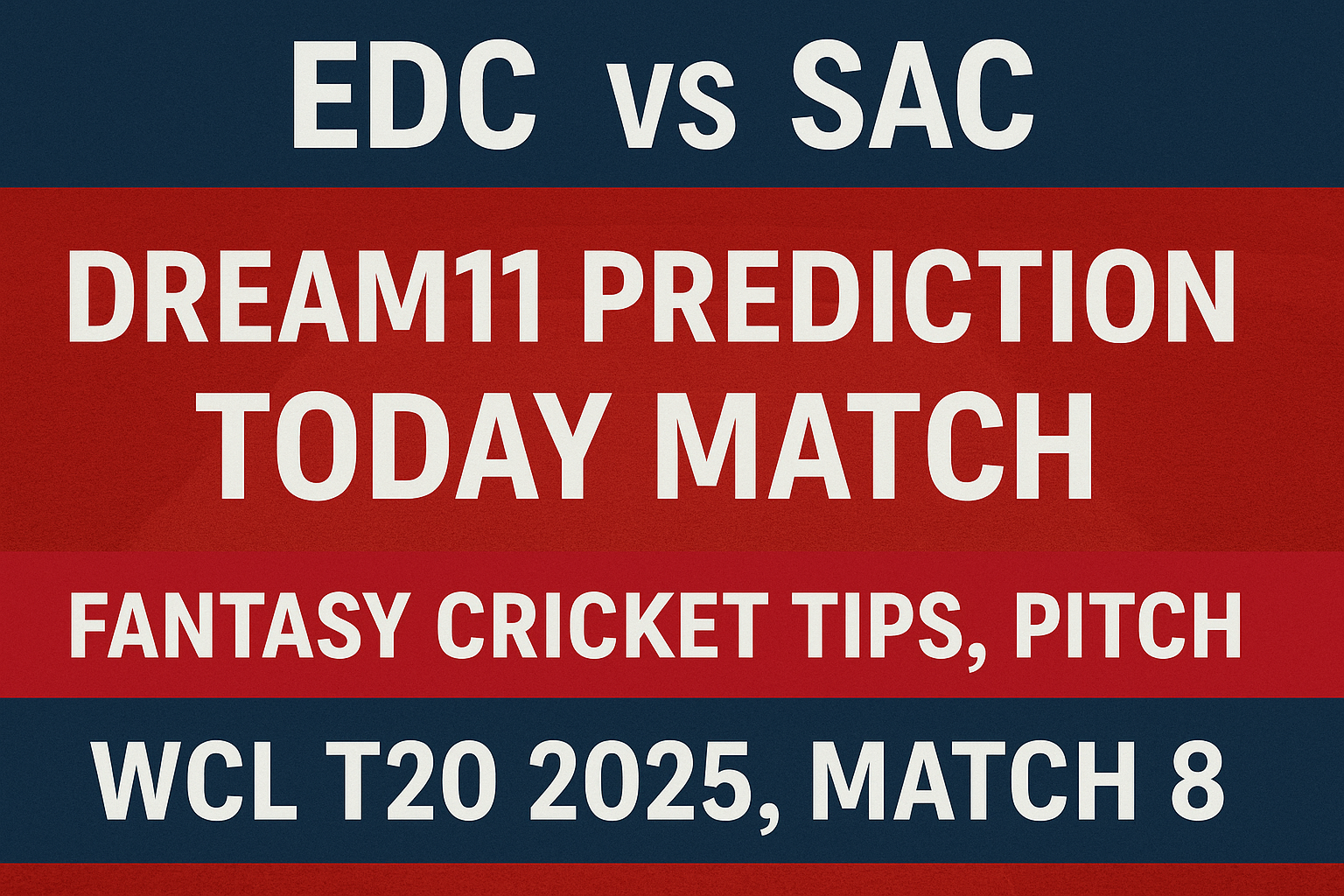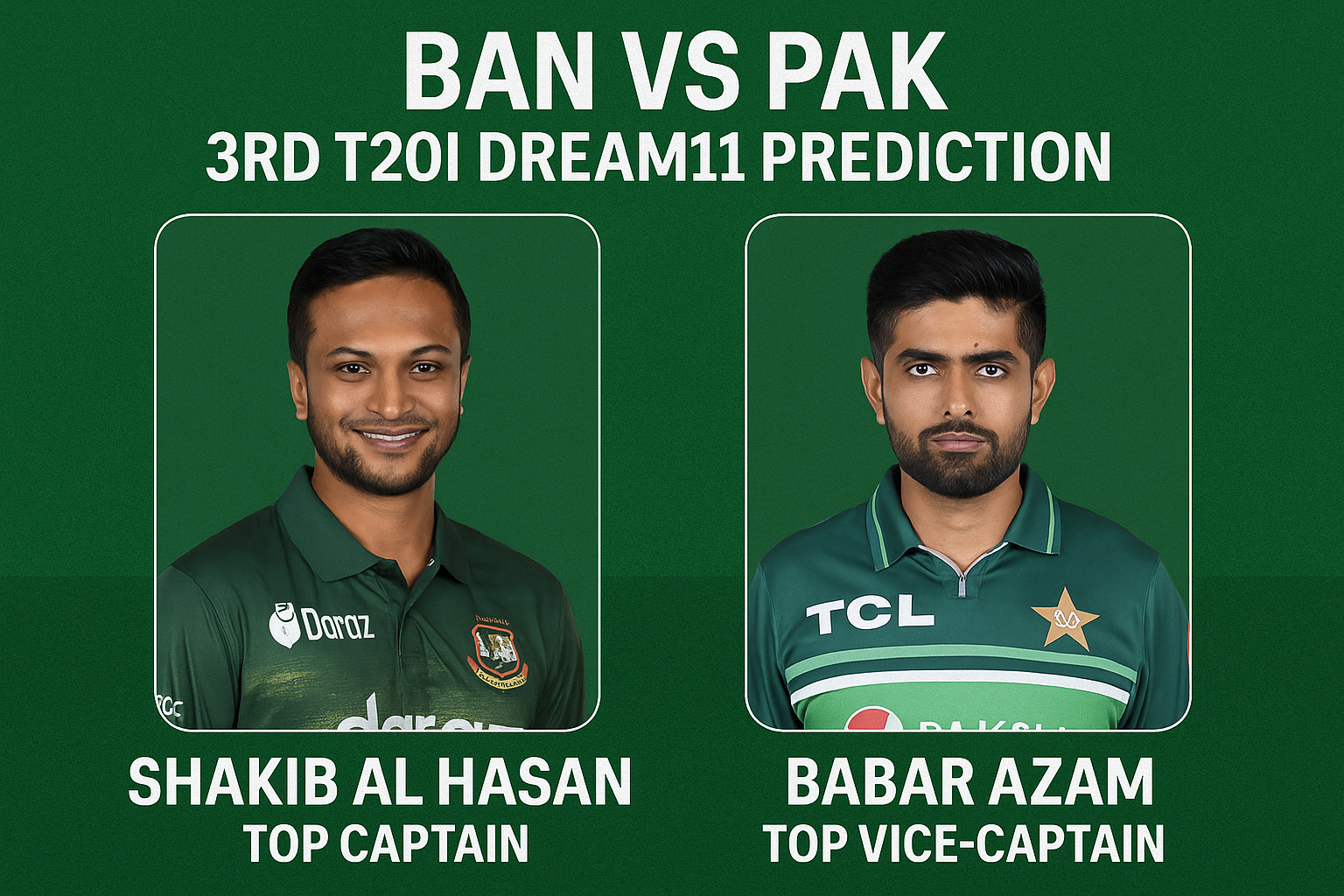Chennai, June 17, 2025 – In a significant ruling that could have far-reaching implications for the real-money gaming (RMG) industry, the Madras High Court has upheld Tamil Nadu’s new gaming regulations, which impose several stringent measures on platforms operating in the state. This decision comes as another setback for the gaming industry, which is already grappling with challenges and uncertainty surrounding the regulatory landscape.
Tamil Nadu’s Stricter Regulations on Real-Money Gaming
The Tamil Nadu government’s new regulations were framed by the Tamil Nadu Online Gaming Authority (TNOGA) and aim to address growing concerns over the mental health and addictive nature of online gaming. The court dismissed writ petitions filed by several leading RMG companies, including Games24x7, Junglee Games, Head Digital Works, and WinZO, along with the Esports Players Welfare Association (EPWA).
These regulations introduced a series of mandatory restrictions for RMG platforms. One of the most notable rules is the “blank hours” policy, which prevents players from logging into platforms between midnight and 5 AM, effectively imposing a five-hour ban each night.
Key Measures in the Tamil Nadu Regulations
The regulations introduced by TNOGA include:
- Mandatory Breaks: Platforms must implement blank hours, disabling login access during a specified window of time.
- Age Limitations: Players under the age of 18 are prohibited from participating in real-money gaming activities.
- Monetary Limits: Players must have the ability to set daily, weekly, and monthly spending limits. Platforms are also required to display fixed monetary limits and user spending prominently when deposits are made.
- Pop-up Caution Messages: Players will receive pop-up warnings after playing for one hour, reminding them of the addictive nature of the games.
- KYC Verification: The regulations mandate that Know Your Customer (KYC) processes be conducted at the time of account creation, authenticated through Aadhaar and OTP verification.
The Court’s Ruling and Industry Reactions
The ruling by the Madras High Court comes after the state had previously attempted a ban on online rummy and poker in November 2023, a decision that was later overturned by the same court. While the court acknowledged that the state government has the right to regulate the gaming sector, this decision underscores the growing tension between state-specific regulations and the rapidly expanding gaming industry.
Jay Sayta, a technology and gaming lawyer, expressed concern that the judgment could set a precedent for other states to introduce similar restrictions. “This could lead to a situation where RMG companies are forced to navigate varying state regulations, complicating their operations and increasing compliance costs,” Sayta explained.
Impact on India’s Booming Gaming Industry
India’s gaming industry has been growing rapidly, with revenues hitting $3.8 billion in the 2024 financial year, a 22.6% increase from the previous year. Real-money gaming contributed significantly to this growth, generating $2.4 billion of the total revenue. The sector is expected to grow to $9.2 billion by FY29, with a 20% CAGR over the next five years.
However, the lack of a centralized regulatory framework for the sector has created uncertainty, with companies lobbying for uniform regulations to ensure consistency across states. In April 2023, the Ministry of Electronics and Information Technology (MeitY) proposed amendments to the IT Act, 2021, which would have introduced self-regulatory organizations (SROs) to oversee RMG platforms. However, this plan was later dropped, further adding to the confusion in the sector.
Looking Ahead: Challenges for RMG Companies
Despite the challenges, many RMG companies are pushing for a uniform central regulation to alleviate the burden of complying with various state-specific laws. Industry experts believe that clearer guidelines and a standardized framework would allow companies to thrive while ensuring that player safety and mental health remain a priority.
The Madras High Court’s ruling serves as a reminder of the growing role of state governments in shaping the future of India’s gaming industry. With the ruling likely to be challenged in the Supreme Court, the outcome of this case could have profound implications for the sector’s future growth and regulatory environment.





